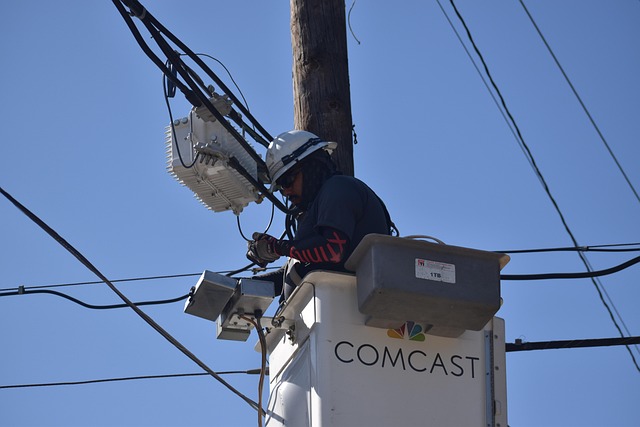Key Skills Every Cable and Wire Power Worker Should Master
Working with cables and power lines requires more than just technical knowledge—it demands precision, safety awareness, and problem-solving skills. Every cable and wire power worker must master a core set of abilities to handle high-voltage systems, install and maintain infrastructure, and respond quickly to electrical issues. These skills not only ensure efficient and reliable power distribution but also protect workers, equipment, and entire communities from potential hazards.

Understanding Electrical Systems
Mastering electrical systems requires comprehensive knowledge of power generation, transmission, and distribution networks. Cable and wire power workers must understand voltage levels, load calculations, and power flow principles to diagnose problems effectively. This knowledge encompasses alternating current (AC) and direct current (DC) systems, transformer operations, and circuit protection devices. Workers need to interpret electrical schematics, understand grounding principles, and recognize how different components interact within complex electrical networks. Additionally, familiarity with smart grid technologies and renewable energy integration has become increasingly important as the industry evolves toward more sustainable power solutions.
Technical Proficiency with Tools
Professional-grade tools and equipment proficiency distinguishes competent power workers from novices. Essential tools include multimeters, oscilloscopes, cable fault locators, and specialized testing equipment for high-voltage applications. Workers must demonstrate expertise with crimping tools, cable pullers, hot sticks for live-line work, and personal protective equipment specific to electrical environments. Understanding proper tool maintenance, calibration procedures, and safety inspections ensures reliable performance during critical operations. Modern power workers also need familiarity with digital diagnostic tools, thermal imaging cameras, and computerized testing equipment that enhance troubleshooting capabilities and improve work efficiency.
Safety Practices and Regulations
Electrical safety forms the foundation of all power system work, with strict adherence to established protocols preventing accidents and fatalities. Workers must understand lockout/tagout procedures, arc flash protection, and proper use of personal protective equipment including flame-resistant clothing and insulated tools. Knowledge of OSHA regulations, NESC standards, and company-specific safety policies ensures compliance with industry requirements. Regular safety training covers hazard recognition, emergency response procedures, and proper communication protocols during electrical work. Understanding minimum approach distances for different voltage levels, proper grounding techniques, and rescue procedures for electrical incidents are critical safety competencies.
Problem-Solving and Diagnostic Skills
Effective troubleshooting requires systematic thinking and analytical skills to identify electrical problems quickly and accurately. Power workers must develop logical problem-solving approaches, starting with gathering information, analyzing symptoms, and formulating hypotheses about potential causes. This process involves using diagnostic equipment effectively, interpreting test results, and making decisions based on available data. Experience with common failure modes, understanding of environmental factors affecting electrical systems, and knowledge of equipment limitations help workers develop efficient diagnostic strategies. Strong communication skills enable workers to document findings, report issues clearly, and coordinate with team members during complex repairs.
Training and Certification Options
Professional development opportunities for cable and wire power workers include apprenticeship programs, community college courses, and specialized training institutes. Many utility companies offer comprehensive training programs combining classroom instruction with hands-on experience. Certification options include journeyman electrician licenses, specialized power line technician certifications, and safety training credentials from organizations like the National Institute for Occupational Safety and Health.
| Training Type | Provider Examples | Duration | Cost Estimation |
|---|---|---|---|
| Apprenticeship Programs | Local Utility Companies, IBEW | 3-4 years | $15,000-$25,000 |
| Community College Courses | Technical Colleges | 6 months-2 years | $3,000-$12,000 |
| Specialized Certifications | NECA, OSHA Training Centers | 1 week-6 months | $500-$5,000 |
Prices, rates, or cost estimates mentioned in this article are based on the latest available information but may change over time. Independent research is advised before making financial decisions.
Cable and wire power workers play essential roles in maintaining electrical infrastructure that powers modern society. Success in this field requires continuous learning, attention to safety protocols, and development of both technical and problem-solving abilities. As electrical systems become more complex with smart grid integration and renewable energy sources, workers who invest in comprehensive skill development will find rewarding career opportunities. The combination of technical expertise, safety consciousness, and professional training creates a foundation for long-term success in the electrical power industry.




